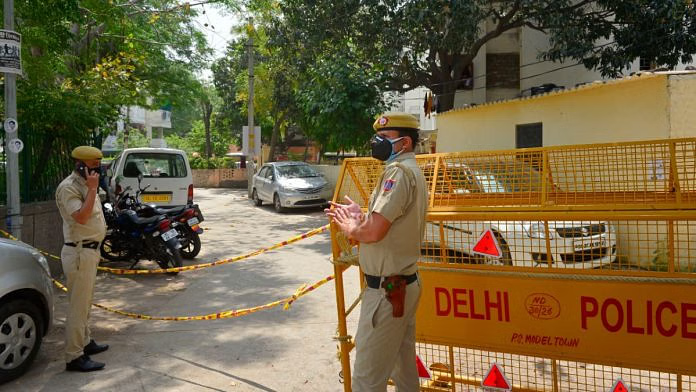Now Reading: Delhi High Court Criticizes Government for Inadequate Transgender Employment Inclusion
-
01
Delhi High Court Criticizes Government for Inadequate Transgender Employment Inclusion
Delhi High Court Criticizes Government for Inadequate Transgender Employment Inclusion

The Delhi High Court has expressed concern over the insufficient measures taken by both the central and Delhi state governments to ensure the inclusion of transgender individuals in public employment. Despite the Supreme Court’s 2014 NALSA verdict recognizing transgender people as the “third gender” and affirming their rights to equality and reservations, the Court observed that no significant steps have been implemented to provide quotas or policy decisions for their inclusion in public jobs.
Legal Background and Court’s Observations
The High Court converted an individual plea seeking reservation for a court attendant post into a public interest litigation (PIL) to examine the lack of measures for transgender welfare since the landmark 2014 Supreme Court judgment. The Court noted that the Supreme Court had directed transgender persons to be treated as socially and educationally backward classes, entitled to all forms of reservation, including in public appointments. However, the Delhi High Court observed that no such policy decision appears to be in sight to date regarding public employment.
Concerns Over Recruitment Processes
The Court highlighted a 2021 notification from the Delhi government allowing age and mark relaxations for transgender applicants seeking public employment. It questioned whether these … The plea alleged that despite the Supreme Court ruling, no such reservation was … The Court noted that many transgender individuals were unable … due to the absence of such relaxations and directed the Delhi government to decide within ten days on extending reservation benefits.
Government’s Response and Future Directions
The Centre, Delhi government, and the National Council for Trans … have been made parties to the … have been asked to submit their responses. The Court ordered the Delhi government to decide within ten days on extending reservation for transgender … and instructed the DSSSB to publicize any such decision once made.
Conclusion
The Delhi High Court’s intervention underscores the ongoing challenges faced by transgender individuals in accessing public employment opportunities. Despite legal provisions and directives, the lack of effective implementation and policy decisions continues to hinder their inclusion in the workforce. The Court’s directions aim to prompt the government to take immediate steps to rectify this situation and ensure that transgender persons are provided with equal opportunities in public employment.

























